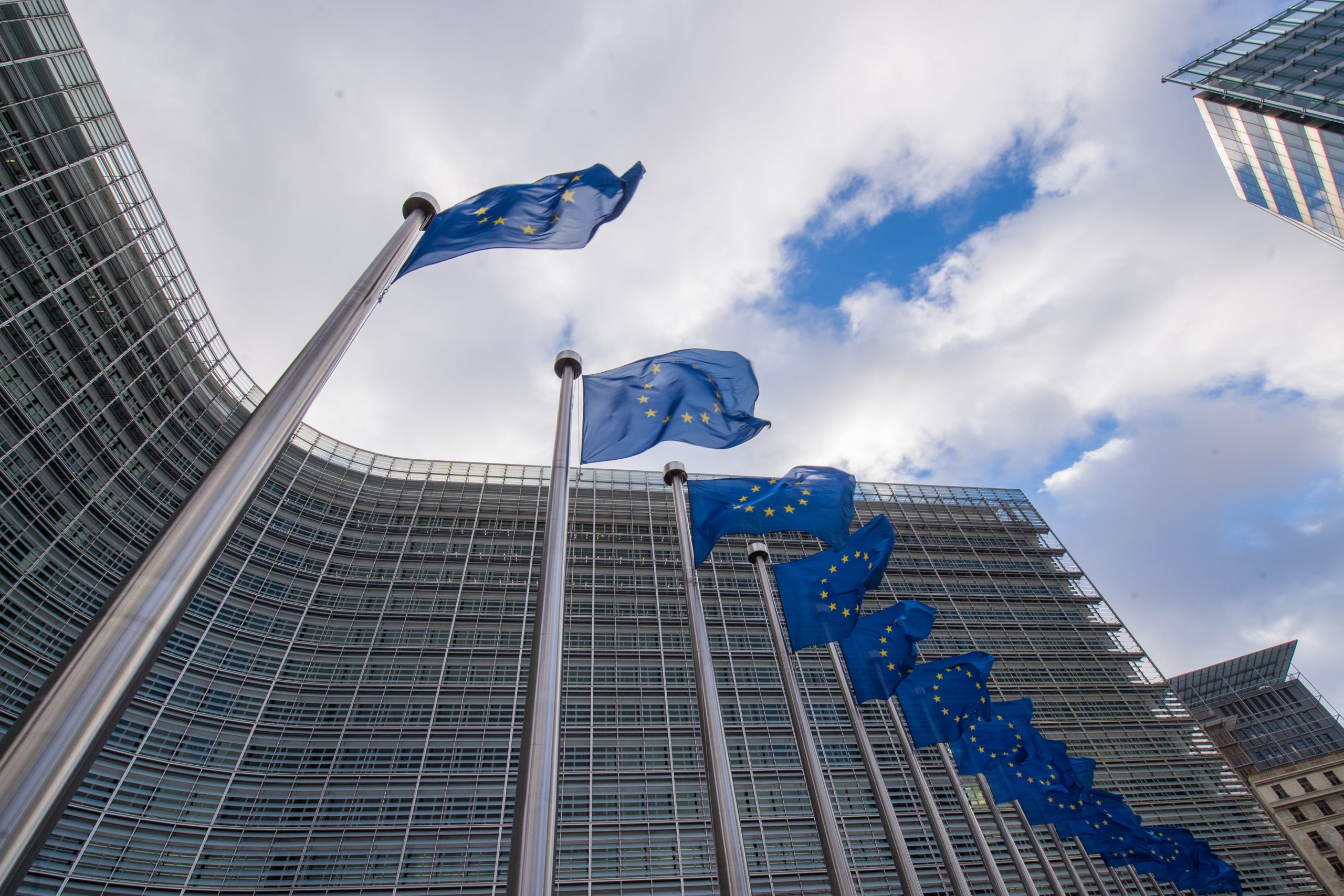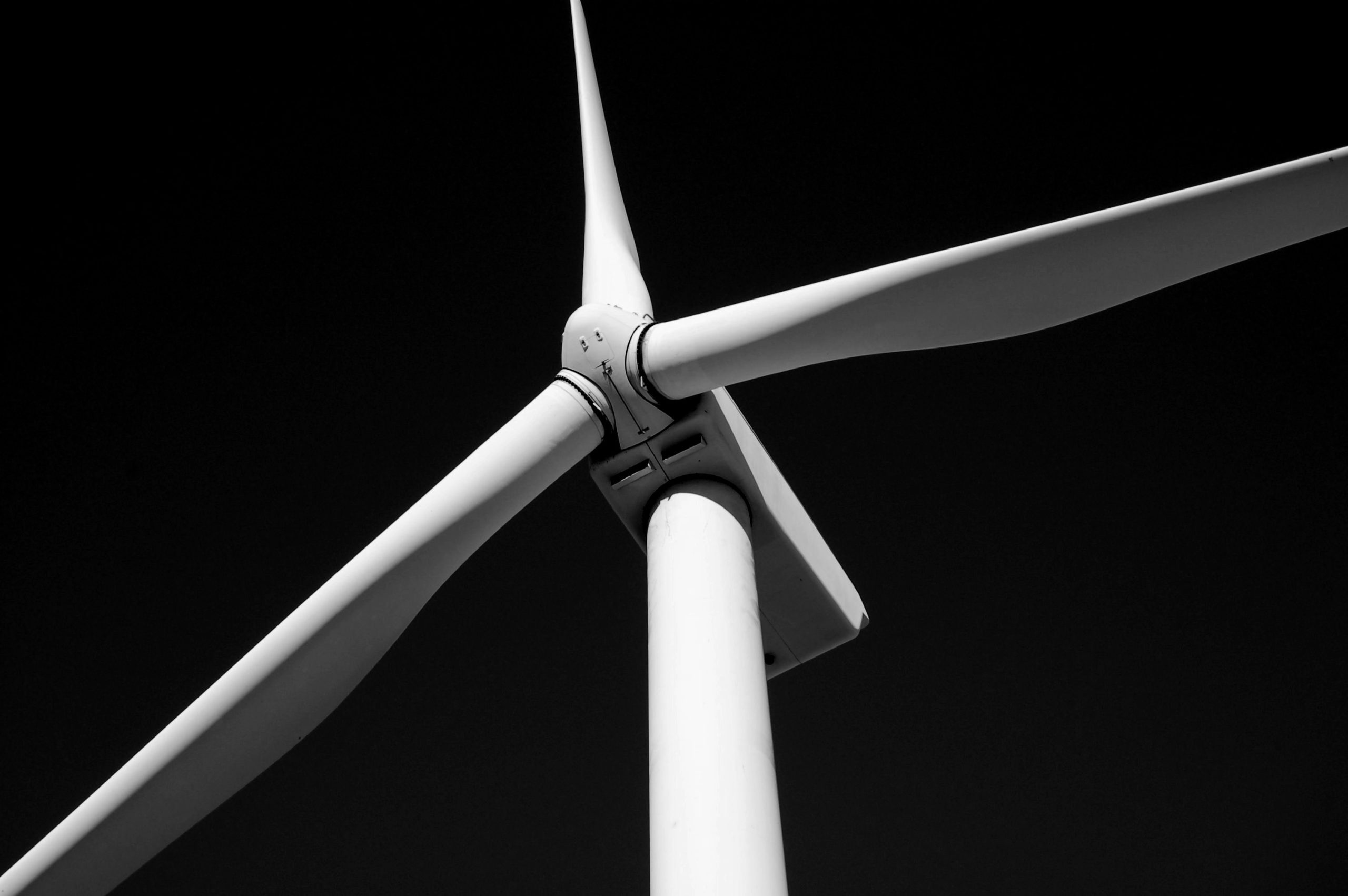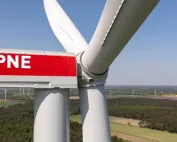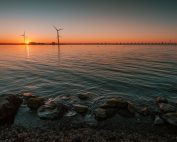European Commission will present the package “fit for 55%” this summer. According to the latest agenda of the Commission it is scheduled on July 14th. All legislative proposals need to provide a framework for delivering increased GHG reduction target for 2030 as well as climate neutrality by 2050.
BalticWind.EU has seen a leaked version of the revised renewable energy directive (REDIII). First of all, being one of the main elements of the package it should deliver a higher 2030 RES target. On the basis of the European Commission’s impact assessment released in September 2020 most probably, the EU-wide target will be increased from the current 32% to 38-40%. What else do we know on the basis of seen REDIII?
The role for offshore wind
Offshore RES is mentioned as the one which in particular have positive economic, environmental and societal benefits in order to decrease dependency on imports and to secure EU energy system. A new legal framework fostering offshore RES shall substantially contribute to the EU’s technological and industrial leadership along with the creation of jobs and economic growth.
Joint planning and cooperation within each EU’s sea basin is a key
On the basis of the seen version of the document, we can assume that offshore renewables, in particular wind energy, is supposed to play a key role in delivering RES target for 2030. In order to unlock the full potential of EU’s sea basins the Commission plans to:
- strengthen joint planning for each sea basin including target setting and implementation per sea basin. Member States will have to jointly define and agree to cooperate on the amount of offshore renewable generation to be deployed within each sea basin by 2050, with intermediate steps in 2030 and 2040,
- introduce one-stop shops for the permitting per sea basin as this change will facilitate permitting of cross-border offshore renewables projects,
- promote joint RES projects (on- and offshore) by setting a period (probably within 3 years after the entry into force of the directive) when each Member State shall establish at least one joint (pilot) project with one or more other Member States for the production of renewable energy. This option may be strengthened if the EC agrees to propose mandatory partial opening of support schemes – which together with enhanced use of the Union renewable energy financing mechanism is seen as highly effective option, however not likely to politically acceptable.
The revised directive is still under preparation and during internal negotiations in the EC, therefore it may changed. However, above proposals are coherent with the approach presented so far by the EC during public consultations of “fit for 55%” package as well as main strategies adopted last year – in particular an “EU Strategy to harness the potential of offshore renewable energy for a climate neutral future” adopted on 19 November 2020.















